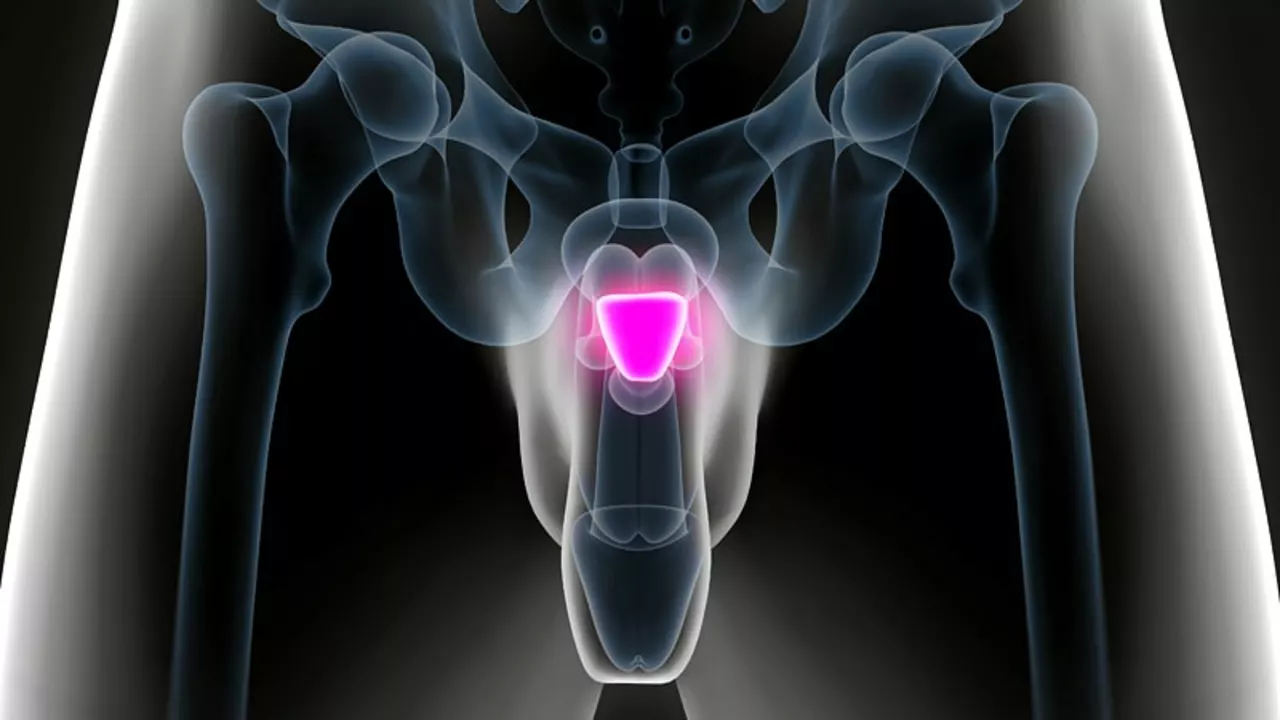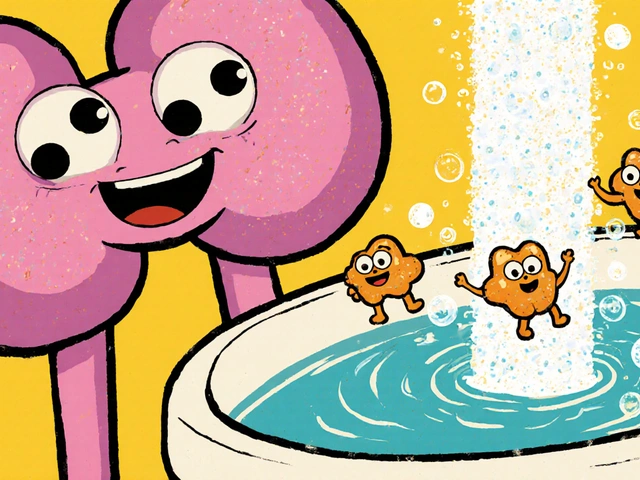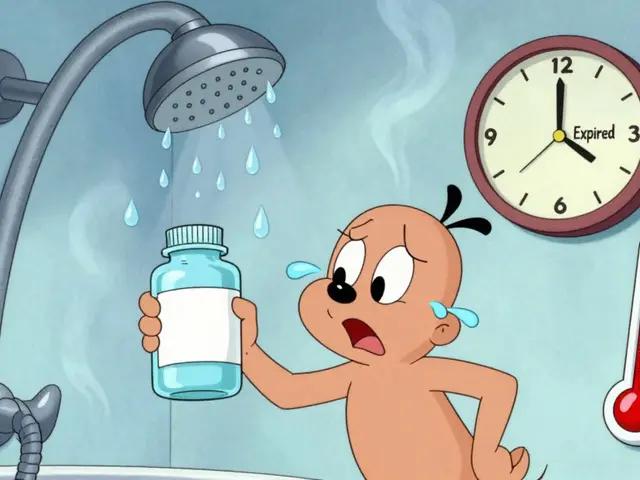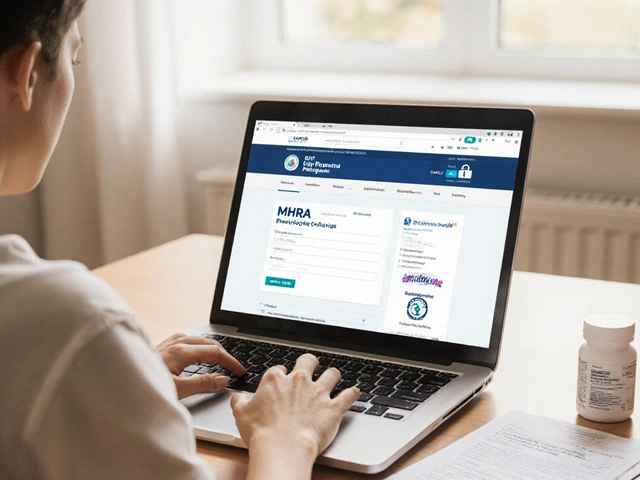Sexual Dysfunction: Practical Help, Tests, and Treatments
Sexual dysfunction is more common than most people think. Problems can start suddenly or creep in slowly: trouble getting or keeping an erection, low desire, pain during sex, or trouble reaching orgasm. Whatever the issue, the goal is the same — get clear answers and sensible steps you can use right away.
Common causes and signs
Causes fall into two main groups: physical and psychological. Physical issues include diabetes, heart disease, hormone imbalances, nerve damage, medication side effects, and alcohol or drug use. Psychological causes include stress, anxiety, depression, relationship conflict, or past trauma. Often both types mix together.
Watch for clear signs: sudden loss of desire, persistent erectile problems, pain with intercourse, or a change in how you climax. If the problem lasts more than a few weeks and affects your life or relationship, it’s time to act. Don’t wait until frustration builds up — early steps make treatment easier and quicker.
Practical steps and treatments
Start with basics you can control. Cut back on alcohol, quit smoking, get regular exercise, sleep better, and check your diet. Those changes improve blood flow, hormones, and mood — and they often help sexual problems. If you’re on medication, ask your doctor whether it could be the cause and if there’s a safer alternative.
Medical tests usually include blood work for glucose, cholesterol, and testosterone, plus a review of medications. For erection problems, doctors may also check blood pressure and circulation. Tests give a clear starting point for treatment.
Treatments vary by cause. For vascular or nerve-related erectile issues, PDE5 inhibitors (like sildenafil) often work well. Hormone therapy helps when testosterone is low. For pain or structural problems, physical therapy or specific medical procedures may be needed. Devices such as vacuum pumps or penile rings can help in some cases.
Mental health matters. If anxiety, depression, or relationship issues play a role, sex therapy, couple’s counseling, or CBT (cognitive behavioral therapy) can make a big difference. Therapy helps people reconnect and reduce performance pressure.
Be cautious with supplements and online products. Many claim quick fixes but lack reliable testing and can interact with medications. Talk to your doctor before trying over-the-counter or online remedies.
Quick checklist: 1) Track symptoms and when they started. 2) Review current meds and alcohol use. 3) Book a medical checkup and basic labs. 4) Consider therapy if stress or relationships are involved. 5) Avoid risky supplements and get professional advice before trying new treatments.
Sexual problems are treatable in most cases. Asking questions, getting tests, and combining simple lifestyle changes with medical or psychological treatment gives you the best chance of getting sex life back on track. If you want, I can outline specific questions to bring to a doctor or partner conversation starters to ease the talk.




